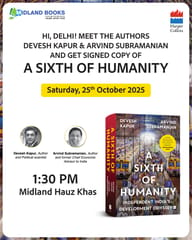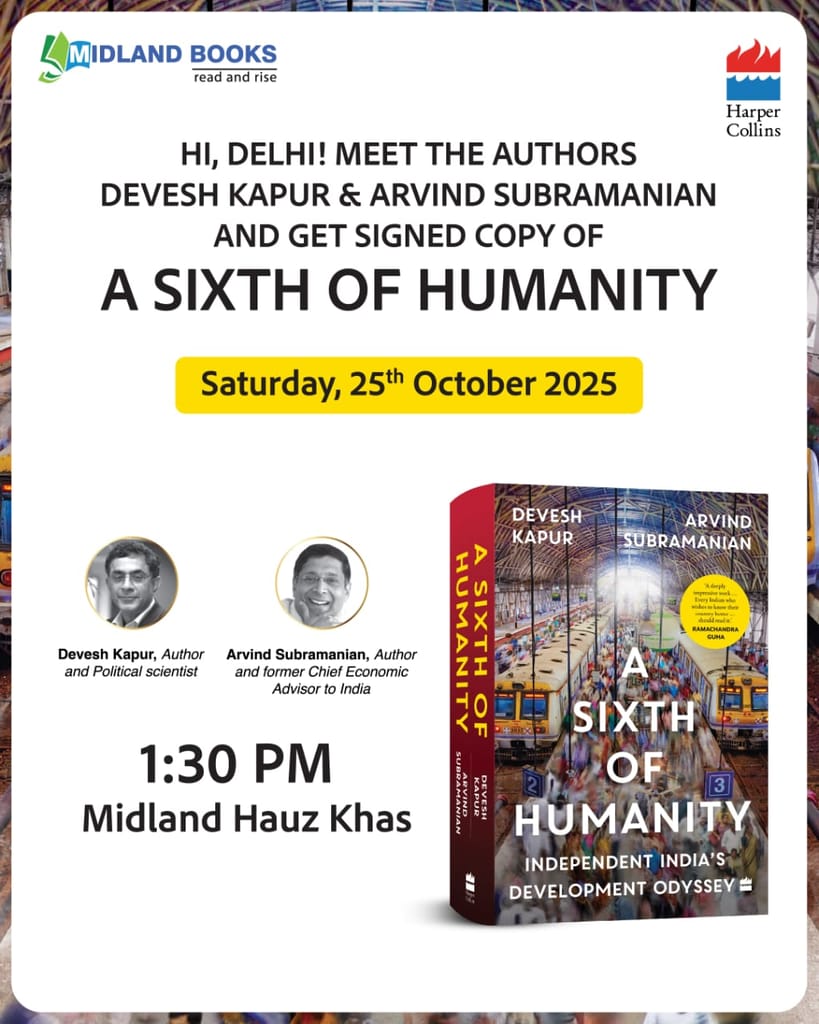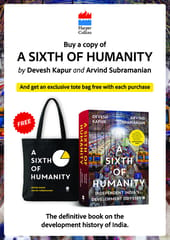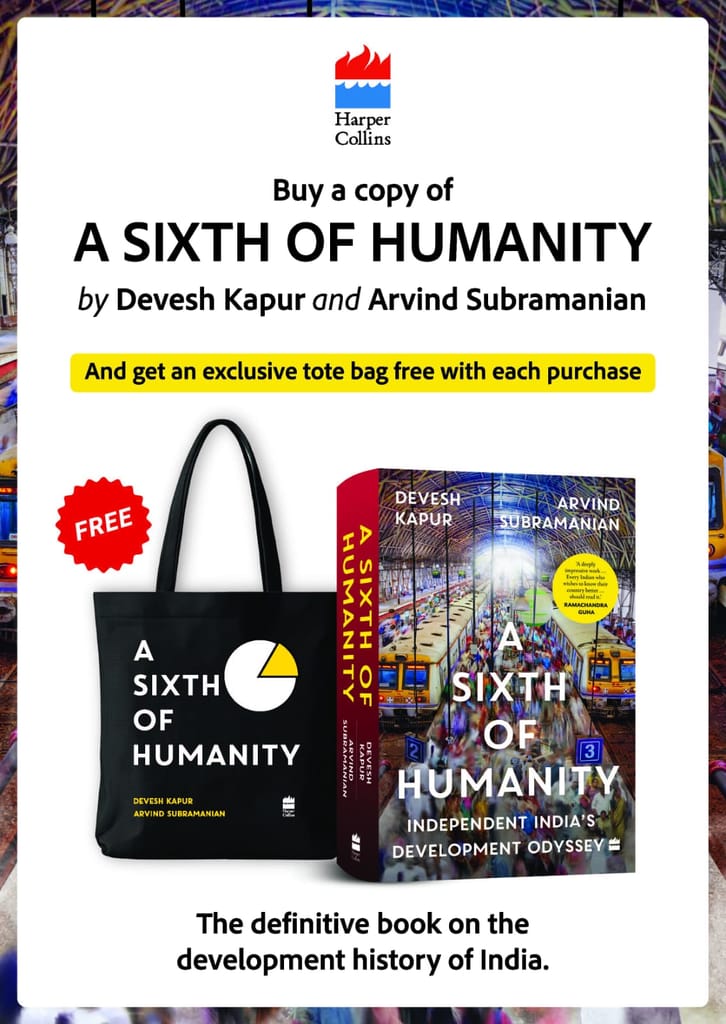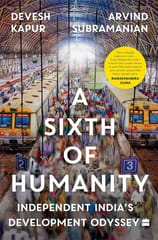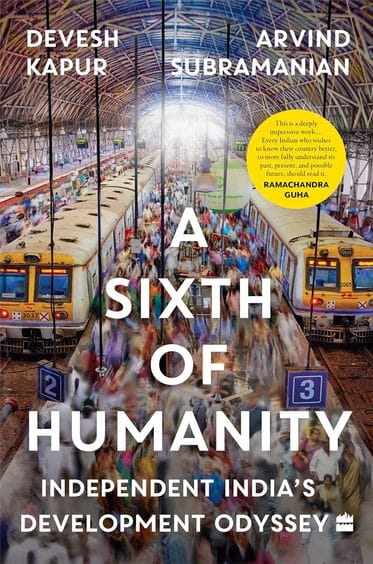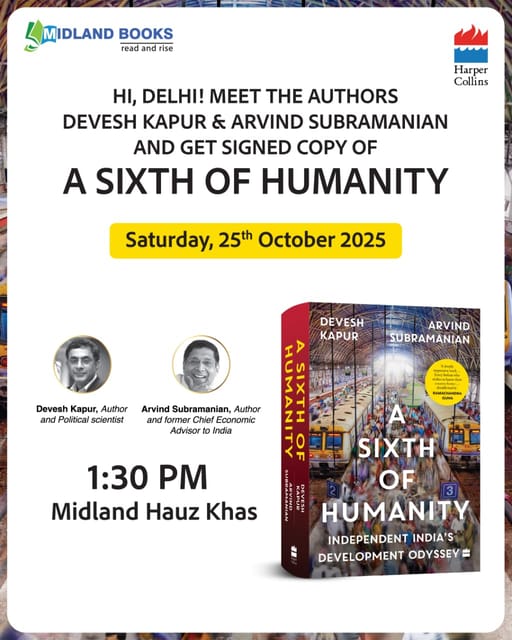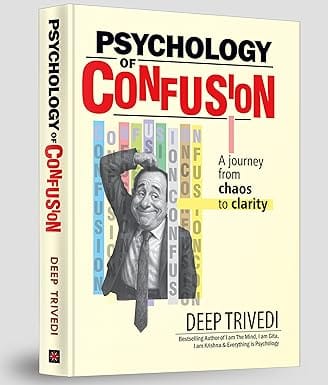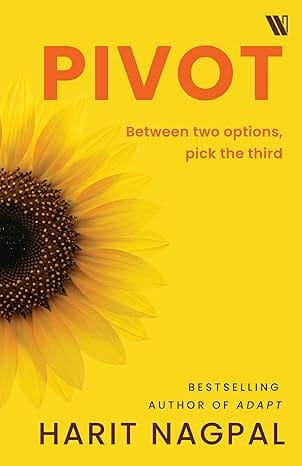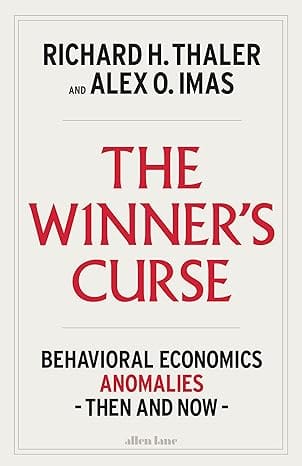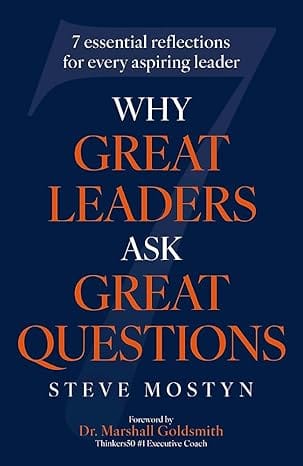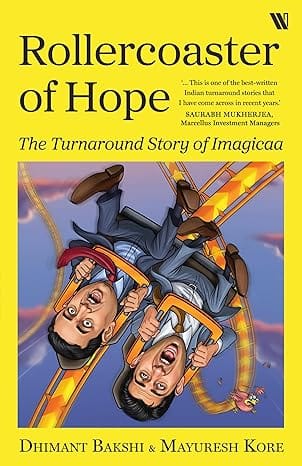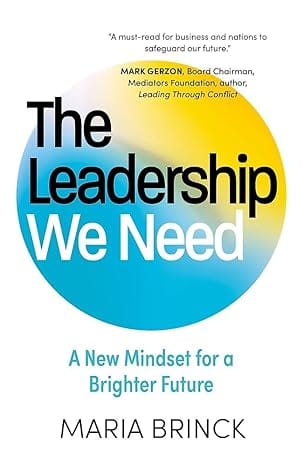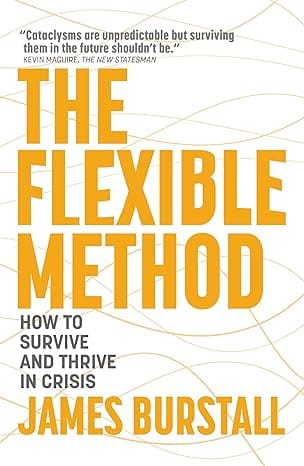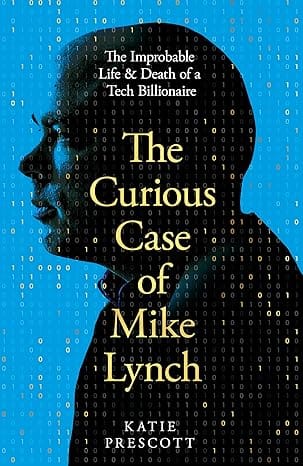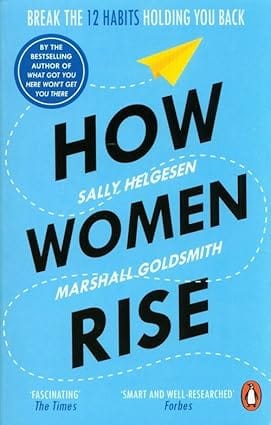- Non-ficton
- Non-ficton
- Contemporary Fiction
- Contemporary Fiction
- Children
- Children
- Comics & Graphic Novels
- Comics & Graphic Novels
- Non-Fiction
- Non-Fiction
- Fiction
- Fiction
This is a deeply impressive work ... Every Indian who wishes to know their country better, to more fully understand its past, present, and possible future, should read it.--Ramachandra Guha
A brilliant and breathtaking tour de force. You will never think about India or economic development in the same way again.--Simon Johnson
India's journey has been distinctively 'precocious' in comparative terms. It opted for democracy before development and social change, promoted high-skilled services before and over low-skilled manufacturing and chose a globalization that favoured exports of talented people and short-changed the poor. The socialist state became an inefficiently capitalist one before providing the public goods of physical infrastructure and human capital. The outcomes have been surprising, with the country achieving success in creating and sustaining democracy, albeit flawed, and maintaining a modicum of order.
Four decades of economic dynamism and the emergence of a somewhat more capable Indian state has meant that it is able to build infrastructure and deliver the essentials of life to its population at scale-still not without disappointments, but a massive improvement over the past. Just as India's aspiration has lifted to building 'world-class' statues, temples, bullet trains, airports and digital systems, the undermining of some of the real achievements of democracy, federalism and nation-building stand in the way.
As the world gets radically upended, India's development odyssey is at a critical juncture. A Sixth of Humanity is an attempt to trace how one of the largest and most diverse countries in the world, uniquely and daringly, attempted four concurrent transformations-building a state, creating an economy, changing society and forging a sense of nationhood-under conditions of universal suffrage.
Jointly written by political scientist Devesh Kapur and economist Arvind Subramanian, both of whom have decades of academic and policy experience, this book encompasses perspectives that span disciplines, experiences and geographies. Rigorously researched, carefully argued and lucidly written, this is the definitive development history of India. There is no book remotely like it.
About the Author
Arvind Subramanian is Senior Fellow at the Peterson Institute for International Economics, Washington, DC, and former Chief Economic Adviser to the Government of India. He has previously worked at the International Monetary Fund, and the General Agreement on Tariffs and Trade, and taught at Ashoka, Brown, Harvard and Johns Hopkins Universities. In 2011, Foreign Policy magazine named him one of the Top 100 Global Thinkers. His previous books include Eclipse: Living in the Shadow of China's Economic Dominance, and Of Counsel: The Challenges of the Modi-Jaitley Economy.
Devesh Kapur is the Starr Foundation Professor of South Asia Studies at Johns Hopkins University School of Advanced International Studies. Earlier he was the Frederick Danziger Associate Professor of Government, Harvard University and Madan Lal Sobti Professor for the Study of Contemporary India at the University of Pennsylvania. His research focuses on the political economy of development. His recent books include The Other One Percent: Indians in America, <span class="a-tex
- Home
- Business and Management
- A Sixth Of Humanity Independent Indias Development Odyssey
A Sixth Of Humanity Independent Indias Development Odyssey
SIZE GUIDE
- ISBN: 9789369891092
- Author: Devesh Kapur Arvind Subramanian
- Publisher: Harper Collins
- Pages: 760
- Format: Hardback
Book Description
This is a deeply impressive work ... Every Indian who wishes to know their country better, to more fully understand its past, present, and possible future, should read it.--Ramachandra Guha
A brilliant and breathtaking tour de force. You will never think about India or economic development in the same way again.--Simon Johnson
India's journey has been distinctively 'precocious' in comparative terms. It opted for democracy before development and social change, promoted high-skilled services before and over low-skilled manufacturing and chose a globalization that favoured exports of talented people and short-changed the poor. The socialist state became an inefficiently capitalist one before providing the public goods of physical infrastructure and human capital. The outcomes have been surprising, with the country achieving success in creating and sustaining democracy, albeit flawed, and maintaining a modicum of order.
Four decades of economic dynamism and the emergence of a somewhat more capable Indian state has meant that it is able to build infrastructure and deliver the essentials of life to its population at scale-still not without disappointments, but a massive improvement over the past. Just as India's aspiration has lifted to building 'world-class' statues, temples, bullet trains, airports and digital systems, the undermining of some of the real achievements of democracy, federalism and nation-building stand in the way.
As the world gets radically upended, India's development odyssey is at a critical juncture. A Sixth of Humanity is an attempt to trace how one of the largest and most diverse countries in the world, uniquely and daringly, attempted four concurrent transformations-building a state, creating an economy, changing society and forging a sense of nationhood-under conditions of universal suffrage.
Jointly written by political scientist Devesh Kapur and economist Arvind Subramanian, both of whom have decades of academic and policy experience, this book encompasses perspectives that span disciplines, experiences and geographies. Rigorously researched, carefully argued and lucidly written, this is the definitive development history of India. There is no book remotely like it.
About the Author
Arvind Subramanian is Senior Fellow at the Peterson Institute for International Economics, Washington, DC, and former Chief Economic Adviser to the Government of India. He has previously worked at the International Monetary Fund, and the General Agreement on Tariffs and Trade, and taught at Ashoka, Brown, Harvard and Johns Hopkins Universities. In 2011, Foreign Policy magazine named him one of the Top 100 Global Thinkers. His previous books include Eclipse: Living in the Shadow of China's Economic Dominance, and Of Counsel: The Challenges of the Modi-Jaitley Economy.
Devesh Kapur is the Starr Foundation Professor of South Asia Studies at Johns Hopkins University School of Advanced International Studies. Earlier he was the Frederick Danziger Associate Professor of Government, Harvard University and Madan Lal Sobti Professor for the Study of Contemporary India at the University of Pennsylvania. His research focuses on the political economy of development. His recent books include The Other One Percent: Indians in America, <span class="a-tex
User reviews
NEWSLETTER
Subscribe to get Email Updates!
Thanks for subscribing.
Your response has been recorded.

India's Iconic & Independent Book Store offering a vast selection of books across a variety of genres Since 1978.
"We Believe In The Power of Books" Our mission is to make books accessible to everyone, and to cultivate a culture of reading and learning. We strive to provide a wide range of books, from classic literature, sci-fi and fantasy, to graphic novels, biographies and self-help books, so that everyone can find something to read.
Whether you’re looking for your next great read, a gift for someone special, or just browsing, Midland is here to make your book-buying experience easy and enjoyable.
We are shipping pan India and across the world.
For Bulk Order / Corporate Gifting
 +91 9818282497 |
+91 9818282497 |  [email protected]
[email protected]
Click To Know More
INFORMATION
QUICK LINKS
ADDRESS
Shop No.20, Aurobindo Palace Market, Near Church, New Delhi

